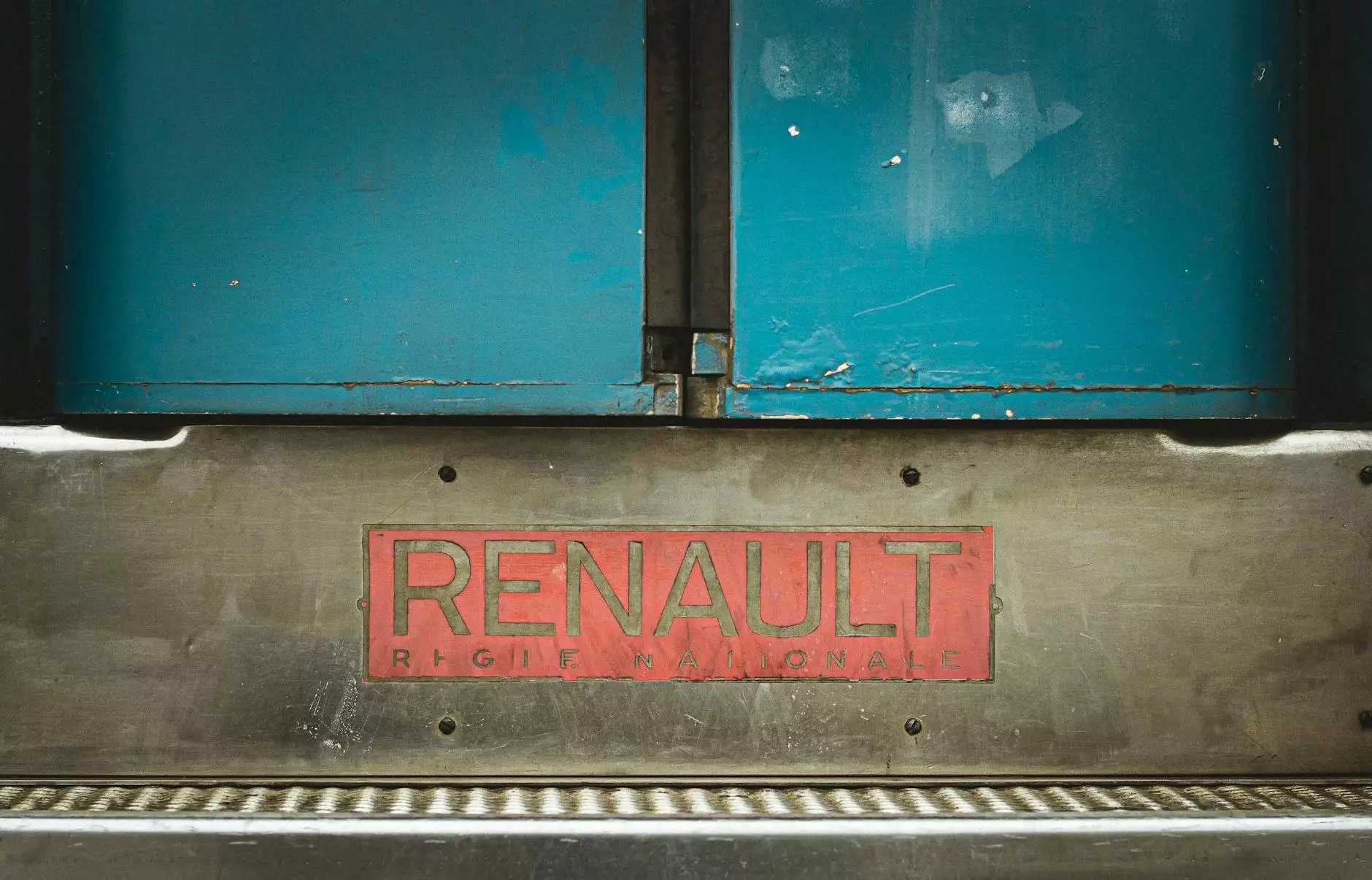The Complete Guide to Understanding the Cost for a Dental Crown

The journey toward improving your dental health often involves investing in restorative procedures, one of the most common being a dental crown. However, before you make that investment, it’s crucial to comprehend the cost for a dental crown and the factors that influence it. This comprehensive guide will illuminate everything you need to know about dental crowns, including types, benefits, pricing, and how to make an informed decision.
What is a Dental Crown?
A dental crown is a custom-made covering that encases a damaged or decayed tooth. It serves several important functions, including:
- Restoring the tooth’s shape, size, and strength
- Enhancing aesthetic appearance
- Providing protection for weakened teeth
- Holding a dental bridge in place
- Covering dental implants
Types of Dental Crowns and Their Costs
The cost for a dental crown is largely determined by the type of crown selected. The main types of dental crowns include:
1. Ceramic Crowns
Often used for front teeth, ceramic crowns are known for their natural look and excellent aesthetic qualities. They typically range from $800 to $3,000 per crown, depending on the region and the dentist's expertise.
2. Porcelain-Fused-to-Metal Crowns
These crowns offer a good balance between aesthetics and strength. Porcelain-fused-to-metal crowns can cost between $1,000 and $2,500 depending on various factors, including the complexity of the procedure.
3. Gold Crowns
Known for their durability, gold crowns are often ideal for back teeth where stress from chewing is high. The cost for a dental crown made from gold can range from $1,000 to $2,500 as well.
4. Resin Crowns
These crowns are less expensive but may wear down quicker than other types. They usually cost around $300 to $1,500. However, they are often recommended for primary teeth.
Factors That Influence the Cost for a Dental Crown
While we’ve provided a range for the cost for a dental crown, various factors can influence the final price you may pay:
- Location: Dental procedures in urban areas may be more expensive compared to rural areas.
- Experience of the Dentist: A dentist with extensive experience or specialization may charge more.
- Dental Insurance: Coverage can significantly reduce out-of-pocket costs, so understanding your insurance plan is essential.
- Type of Crown: As discussed, the material affects price; gold and porcelain-fused crowns are typically more expensive.
- Preparation Work Needed: If additional procedures are necessary before placing the crown (such as a root canal), this will increase the overall cost.
The Procedure: What to Expect
Understanding the process of getting a dental crown is crucial. Here’s a step-by-step of what to expect:
First Visit
- Evaluation: The dentist will examine your tooth and take X-rays to check for infection.
- Preparation: The tooth will be filed down to make space for the crown.
- Impressions: Impressions of your tooth will be made to custom-fit the crown.
- Temporary Crown: A temporary crown may be placed while the permanent crown is being fabricated.
Second Visit
- Removal of Temporary Crown: The temporary crown is taken out.
- Fitting the Permanent Crown: The permanent crown is placed and adjusted for fit and bite.
- Securing the Crown: Once satisfied, the permanent crown is bonded in place.
Benefits of Investing in a Dental Crown
While the cost for a dental crown can seem high, the benefits significantly outweigh the costs:
- Enhanced Aesthetic Appearance: Crowns can improve the look of your smile.
- Improved Functionality: A dental crown helps restore full function to a damaged tooth.
- Durability: Depending on the type, crowns can last many years, making them a wise investment.
- Protection: Crowns protect damaged teeth from further degradation and decay.
- Comfort: They can relieve discomfort from damaged teeth and provide a natural feel.
How to Choose the Right Dental Clinic
Selecting the right dental clinic for your crown procedure is critical. Here are factors to consider:
- Qualifications: Ensure the dentist specializes in restorative dentistry.
- Reviews and Testimonials: Research patient experiences for insights on service quality.
- Technology and Techniques: Look for clinics that utilize the latest dental technology for better results.
- Transparency in Pricing: The clinic should openly discuss costs, including the cost for a dental crown and associated procedures.
- Follow-Up Care: Ensure the clinic provides aftercare and addresses any post-procedural concerns.
Insurance and Payment Options
Understanding your payment options can ease the financial burden of a dental crown:
Most dental insurance plans cover a portion of crowning procedures. It’s vital to review your plan details to understand your coverage. Some common payment options may include:
- Dental Insurance: Check with your provider about coverage specifics for crowns.
- Payment Plans: Many dental offices offer flexible payment plans tailored to your budget.
- Health Savings Accounts (HSAs): If you have an HSA, you can use these funds to cover dental costs.
- Credit Options: Some clinics offer financing through third-party services, allowing you to make monthly payments.
Conclusion
Understanding the cost for a dental crown is a significant step toward achieving better dental health. With this guide, you now have the knowledge to make informed choices regarding dental crowns. Investing in your dental health through the placement of a crown can enhance your quality of life, improve your smile, and provide long-term benefits.
Before moving forward, remember to consult with a qualified dentist to discuss your options and get an exact quote tailored to your specific needs. Here’s to a healthier, brighter smile!









